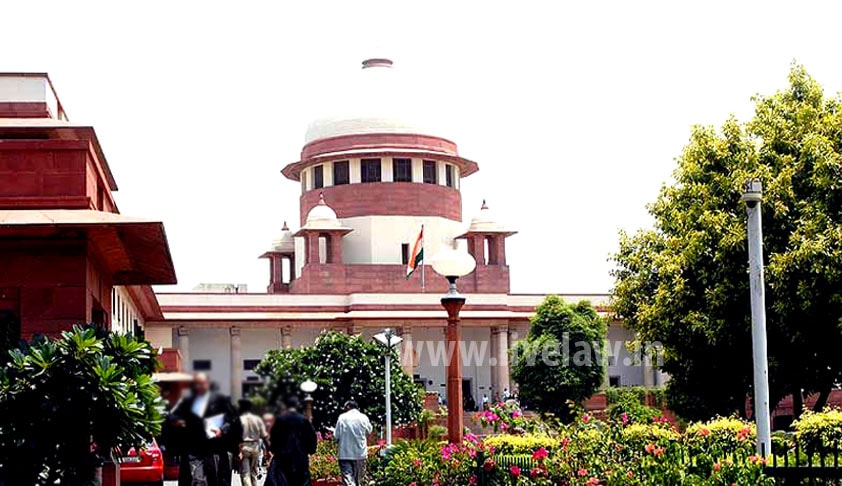- Home
- /
- Top Stories
- /
- Surprises in store at tomorrow’s...
Surprises in store at tomorrow’s Collegium hearing
LiveLaw Edit Team
17 Nov 2015 11:45 PM IST
As the Supreme Court’s Constitution Bench resumes its hearing on reforming the Collegium to recruit Judges for the Higher Judiciary tomorrow at Court 4, it will be confronted with another delicate issue, which will be as problematic as the one it faced on November 3 and 5, when it first met after delivering the October 16 main judgment.On November 3, the Bench’s presiding Judge, Justice...
Next Story



